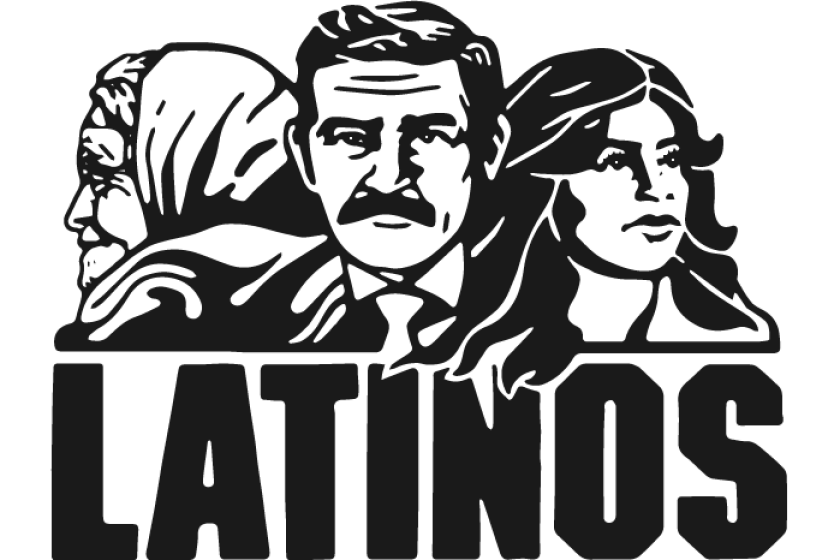Activists sets sights on making Latinos the ‘Swing Vote’
- Share via
A national news magazine once called Willie Velasquez, a veteran Chicano activist from San Antonio, “the man the Anglo establishment hates to see.”
But when that article was published several years ago, the “establishment” that Velasquez was challenging were the Anglos who ran politics in places such as Sanger, Calif., or Pecos, Tex. The executive director of the Southwest Voter Registration and Education Project, Velasquez established his reputation for effective political organizing among Mexican-Americans by helping Latinos get elected to public office in such small communities.
Velasquez has his sights set considerably higher these days. He is coordinating plans for a major votes registration drive designed to make Chicanos “the swing vote” in the 1984 presidential election. He has summoned dozens of Latino political leaders to a meeting next month in San Antonio to finalize plans for the massive effort.
“By 1984 we expect to have operations going in 28 states,” Velasquez said in a recent interview. “Our plan is to register 1 million Latino voters for that election. We will raise $2 million to do it.”
The campaign will be national in scope, but the main focus will be in California and Texas, two key states where Mexican-Americans are concentrated, and which between them cast 76 votes in the electoral college.
“We intend to make Mexicanos the swing vote in Texas and California,” he said flatly.
It’s a big boast, and only time will tell if Velasquez can deliver. Certainly his organization’s record of success, 517 registration drives in seven states within the last eight years, should give some pause to the Anglo establishment in Washington.
Velasquez is the first to concede that his organization would not have been nearly as successful without a key political reform—Congress’ decision in 1975 to expand provisions of the landmark Voting Rights Act, originally passed in 1965 to protect the rights of black voters in the Deep South, to cover Latinos and other language minorities.
“The Voting Rights Act has been the key to many important changes in Chicano politics,” he said. “We use it whenever we can, to pressure, to sue whoever we have to, to knock down any legal impediments to voting.”
Aside from prohibiting poll taxes, literacy tests and other methods that had been used to prevent Chicanos from voting in many parts of the Southwest, the act also banned the gerrymandering of political districts and at-large voting in cities and counties where it prevents the election of minority candidates.
Velasquez and other Chicanos consider Texas “our Deep South,” the place where Mexican-Americans have run up against the most blatant discrimination. But California also was a difficult place in the days before the Voting Rights Act, according to veteran Latino leaders such as Cesar Chavez.
The United Farm Workers president, who began his organizing career in the late 1940s as a volunteer registering Mexican-American voters in San Jose, recalls that California’s voting laws “were so complicated that Anglos were always using them to discourage our people.”
“There was a big fight in San Benito County because they wouldn’t give us any deputy registrars,” Chavez recalled. “We wanted to deputize them so people could register in their homes. They (county officials) said, ‘No, if they want to register they can come to the courthouse or the fire station.’ We could not make them understand that we had to go out to people, in their homes.”
As is to underscore what a difference the Voting Rights Act has made for Latinos, one of the first California localities to be legally challenged by Mexican-Americans under the act was San Benito County, a farming area inland from the Monterey Peninsula. In April, county officials, as part of an out-of-court settlement, agreed to accept a new reapportionment plan drawn up with the assistance of the voter registration project. Velasquez believes that in the next few years San Benito could be the first county in California with a Chicano majority on its five-member Board of Supervisors.
This story appeared in print before the digital era and was later added to our digital archive.
More to Read
Sign up for Essential California
The most important California stories and recommendations in your inbox every morning.
You may occasionally receive promotional content from the Los Angeles Times.











